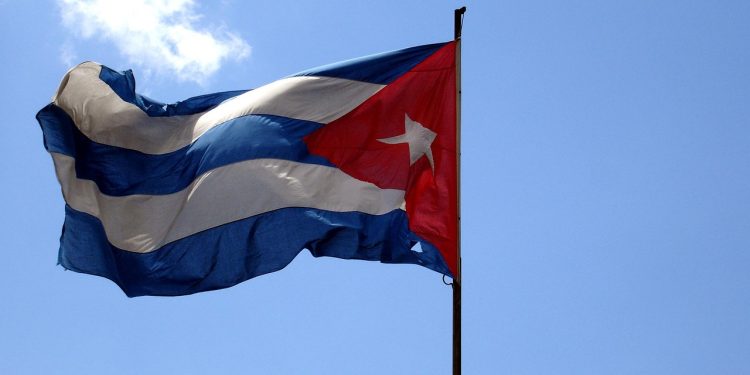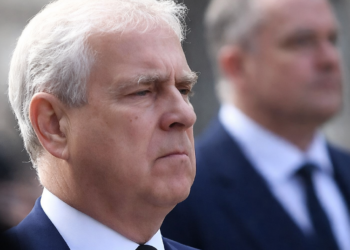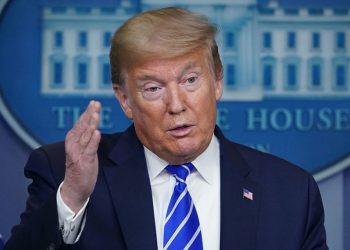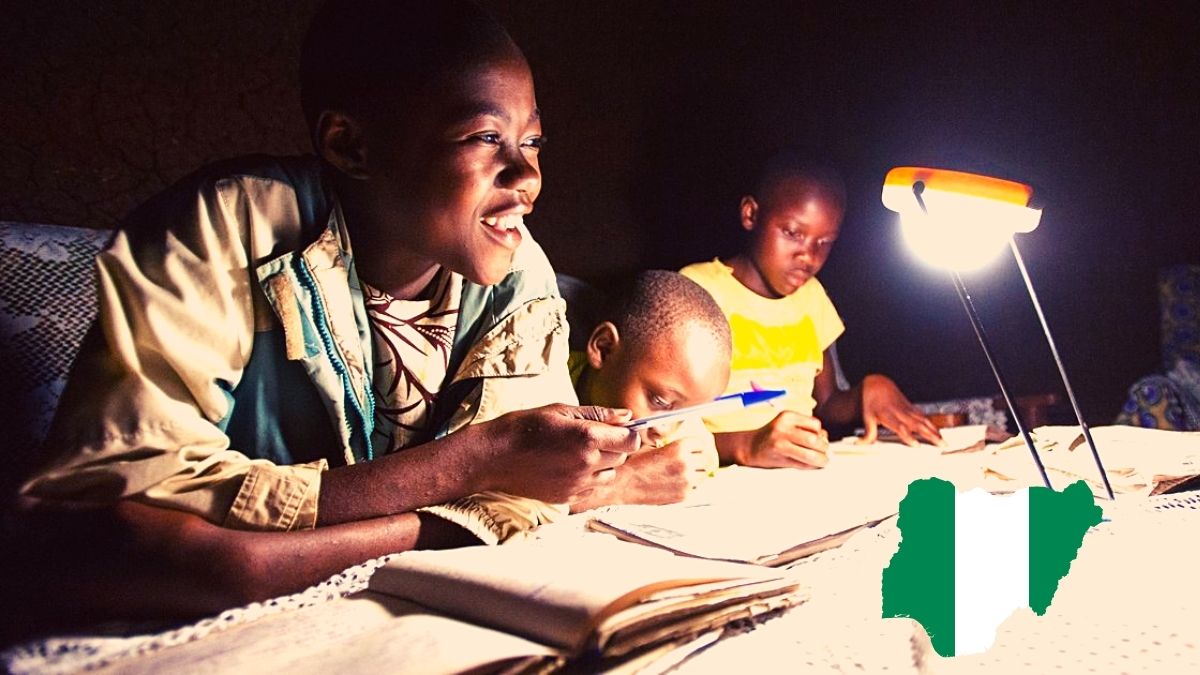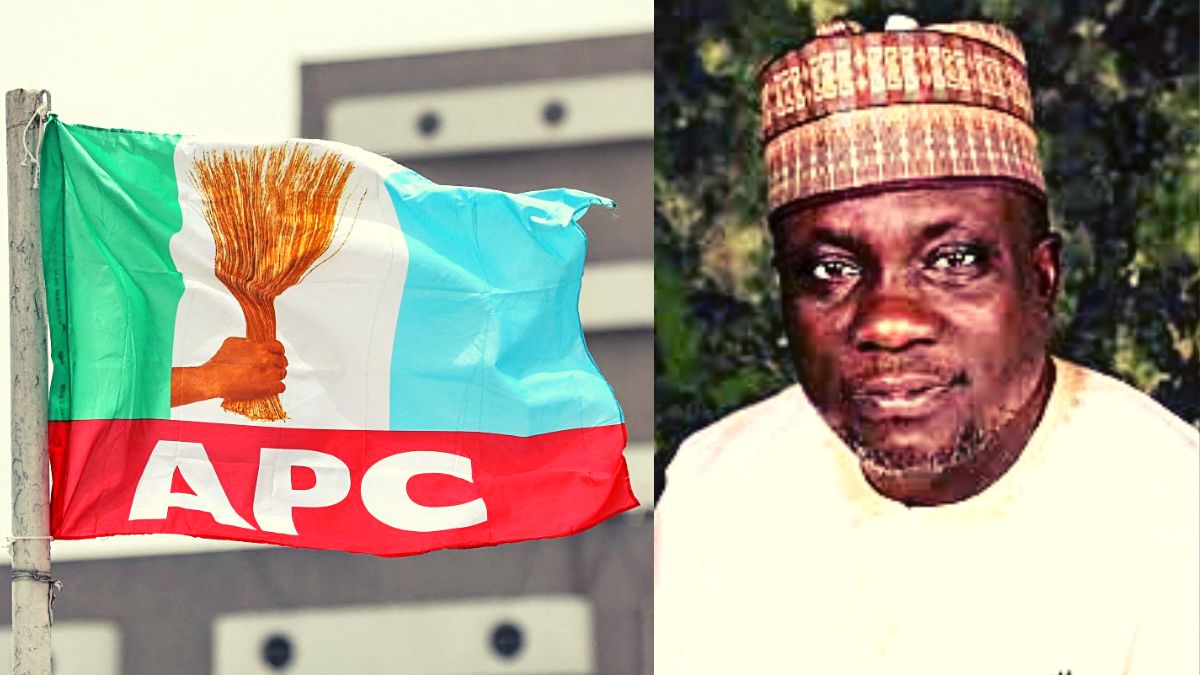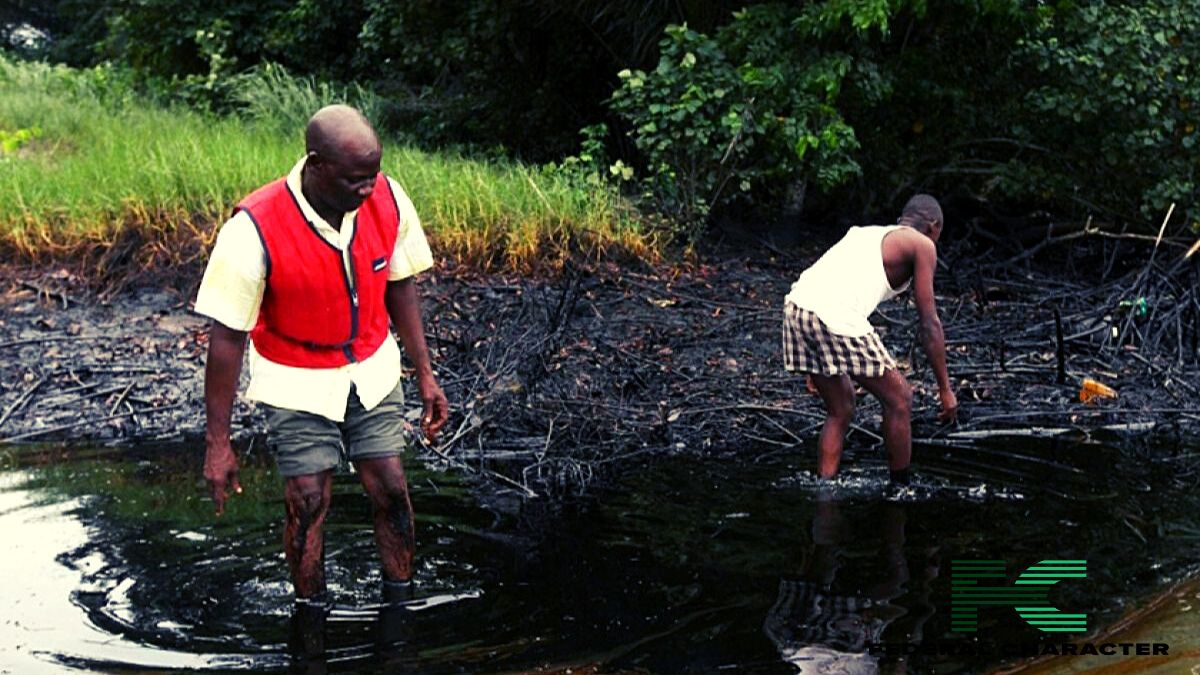U.S. President Donald Trump has signed a presidential memorandum imposing stricter sanctions on Cuba, rolling back Biden administration policies that had eased pressure on the Communist-led island nation. The move reinforces existing travel bans for American tourists and targets revenue streams benefiting Cuba’s military and intelligence agencies, escalating tensions between Washington and Havana.
The White House announced it would strictly enforce the long-standing prohibition on U.S. tourism to Cuba, closing loopholes that permitted visits under 12 approved categories, including educational exchanges and humanitarian projects. New audit requirements and five-year record-keeping mandates will tighten oversight of permitted travel. Additionally, the policy blocks U.S. financial dealings with GAESA, a Cuban military-run conglomerate controlling much of the island’s hotel and tourism sector—a critical source of hard currency for the government.
Cuban Foreign Minister Bruno Rodríguez condemned the measures, calling them an “aggressive reinforcement” of the U.S. embargo, which he claims “strangles Cuba’s economy” and “harms ordinary citizens.”
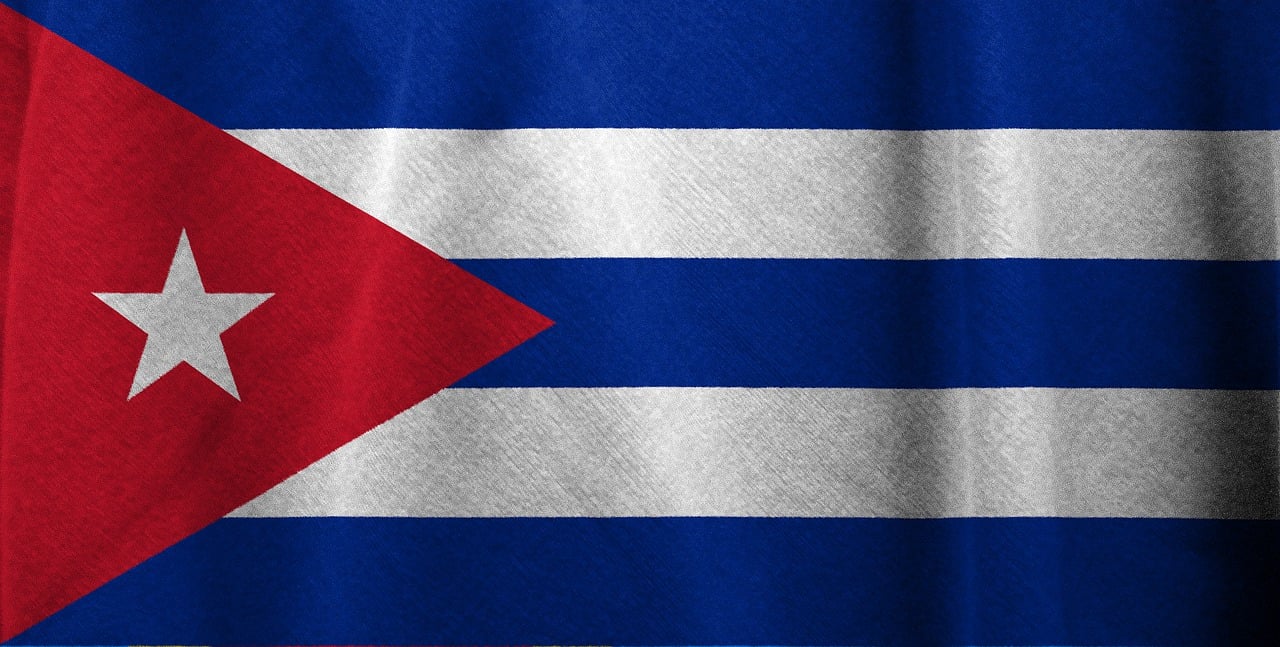
Trump’s Hardline Stance on Cuba
The memorandum aligns with Trump’s long-standing tough-on-Cuba agenda, building on policies from his first term and recent actions, including relisting Cuba as a state sponsor of terrorism just days after taking office for his second term. The move has drawn praise from Cuban-American conservatives, who view regime pressure as essential to democratic reform.
However, Trump’s simultaneous termination of Temporary Protected Status (TPS) for Cuban, Haitian, Nicaraguan, and Venezuelan migrants has sparked backlash, even among some traditional allies in South Florida’s exile community.
Why It Matters
Cuba’s economy, already reeling from chronic shortages and nationwide blackouts, faces further strain as tourism—a vital industry—declines. The White House framed the sanctions as a push to “end Communist oppression” and promote “freedom for the Cuban people,” but critics argue they punish civilians more than the government.

